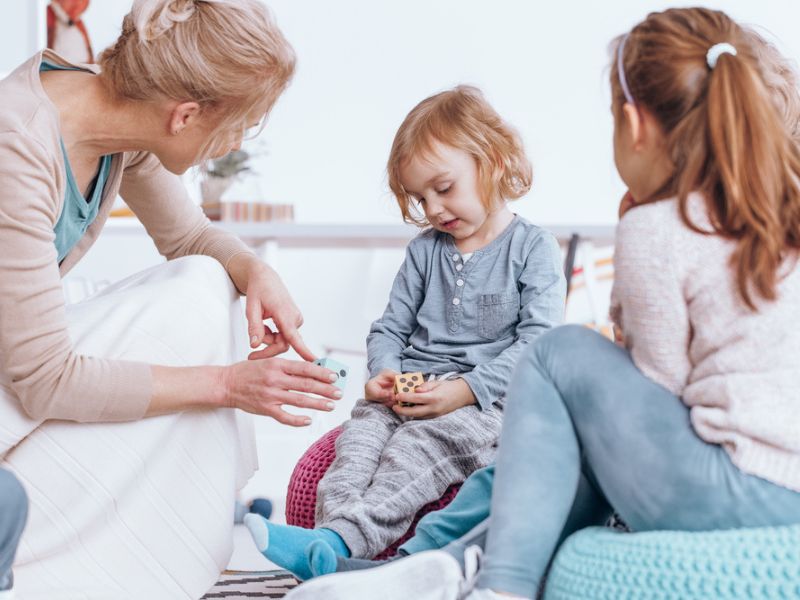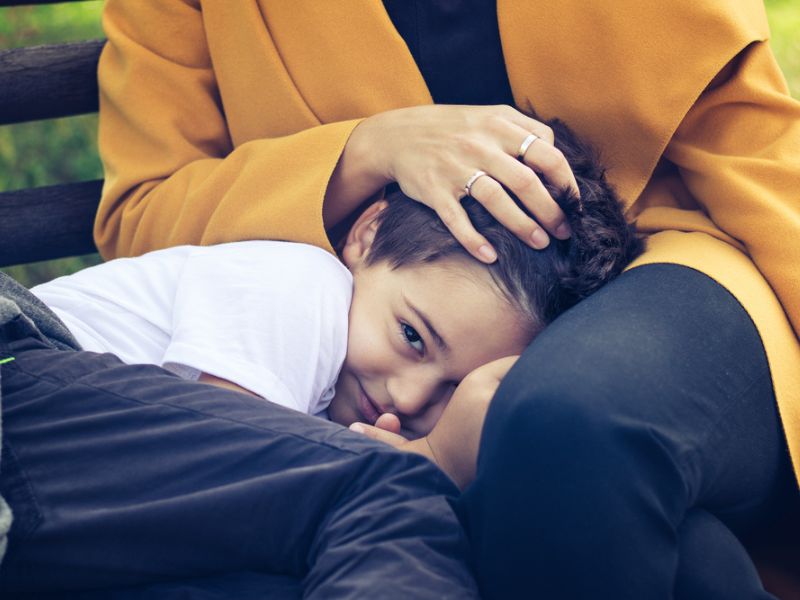Every child is different, including how they interact with the world around them. Some children are outgoing and eager to make new friends, while others are more reserved and take time to warm up to new situations. While it’s easy to label a child who is slow to warm up as “shy,” it’s important to remember that shyness is not necessarily a negative trait. Being cautious can give some children a sense of control over their environment and help them navigate social situations more comfortably.

Image Credit: Shutterstock/Ground Picture
Our extroverted society tends to view shyness negatively, but everyone has their way of interacting with the world. Some children are naturally more cautious than others, and that’s okay. Being cautious can be a good thing, as it can help children feel more in control of their environment and make them less likely to feel overwhelmed or anxious.
When children are slow to warm up, parents and caregivers must be patient and supportive. Rushing a child to interact with new people or situations can be overwhelming and increase anxiety. Instead, letting the child take their time and approach new problems at their own pace is essential. By doing so, they can build confidence and feel more comfortable in social situations.
Parents can also help their children feel more confident and in control by providing opportunities for them to practice social skills in a safe, supportive environment. For example, playing with a small group of friends can give a low-pressure setting for children to practice socializing and making connections. Parents can also model positive social behavior by being friendly and welcoming to others, which can help their children feel more comfortable doing the same.

Image Credit: Shutterstock/LumineImages
Parents should avoid labeling their children as “shy” or forcing them into uncomfortable social situations if they are slow to warm up. Instead, it’s essential to be patient and supportive and provide opportunities for children to practice social skills at their own pace. By doing so, children can build confidence, feel more in control of their environment, and develop positive social skills that will serve them well throughout their lives.